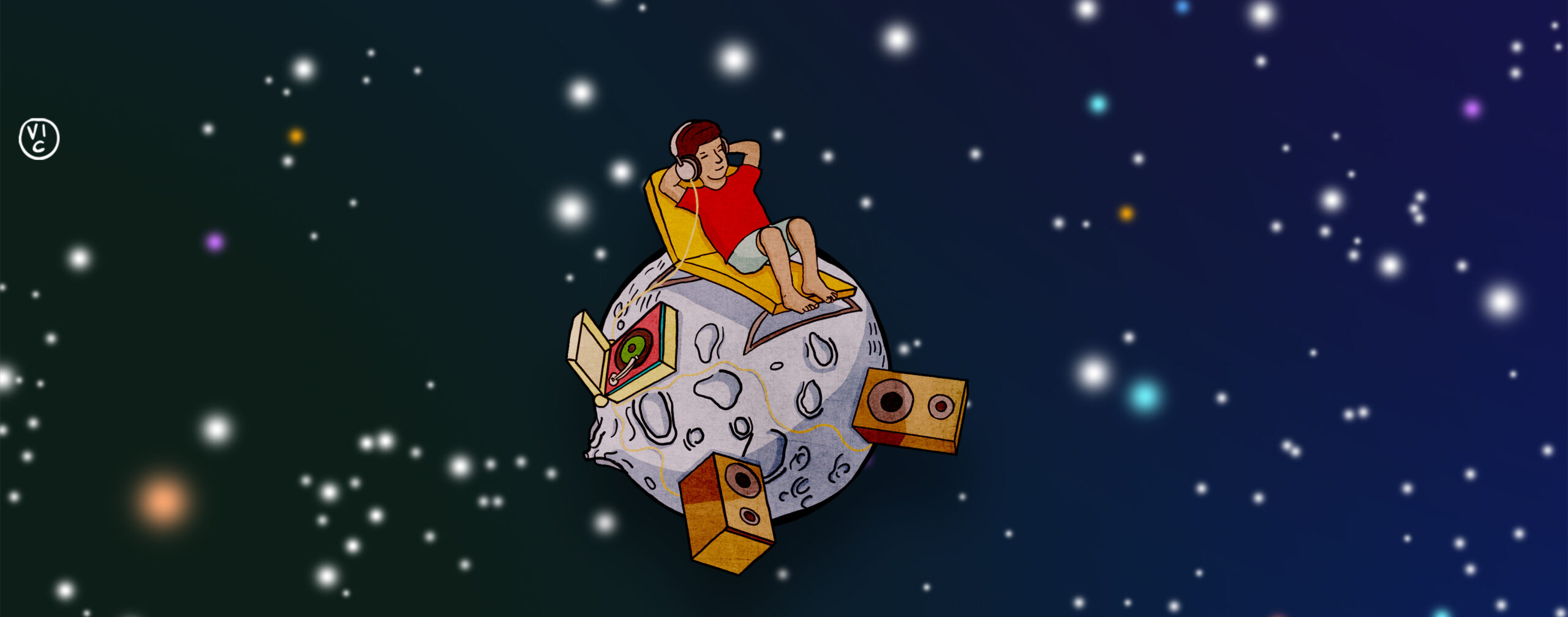
A Few Concise Thoughts, Feelings, & Whatnot on Decolonizing Academia: Poverty, Oppression, and Pain
Please note: There’s really no need to write a formalized review or analysis of this book because that would be defeating its purpose. This book is an experiential journey where you are obliged to embrace all your feelings, especially the painful ones–particularly, if you are a person of color in academia. And for all my Salvadorans, like the proverbial onion that Clelia O. Rodríguez uses as a structural analogy, this book will peel at your layers to reveal all that hidden generational trauma we carry in ourselves. Anyway, on to my thoughts…
In the spirit of Audre Lorde’s emblematic words this book in a nutshell is a deconstruction of the master’s house, without using the master’s tools.
If you are looking for an unnecessarily long and complicated 1,000 page treatise, with Bible-sized citations, reputable (white) sources, and quantifiable data, just to prove that academia is a toxic colonialist, white supremacist, patriarchal machine of oppression, please look elsewhere.
No, Clelia Rodríguez utilizes an entirely different tool kit to work at dismantling the institution, tools that white male academics long ago relegated to the misogynist scientific classification of “hysterics,” and thus, deemed them unworthy sources of wisdom.
Clelia speaks to us in the language of her heart, full of rage, resilience, and love–a language that academia cannot understand, measure, and catalog, and thus, cannot contain it. No amount of annotated critique can destroy it, nor can any complex analytics determine its boundaries, nor can any “decolonized theory” ever co-opt and absorb it.
Clelia has no need to argue nor make any vain attempt to prove a thesis, for her irrefutable premise is that her own humanity is truth: her existence as a womxn of color; her life experience as a migrant from El Salvador; the accumulated sights, sounds, thoughts, and feelings of living in a system that has always tried to destroy her; her unwavering belief that love is a radical tool of resistance and rebellion.
This book is a big fuck you to academia and the white people and the white-approximating people who uphold it, but more importantly, it is a loud and angry open call to people of color to affirm ourselves, love ourselves, and find every avenue of resistance possible. Go and light a fire!
The last thing I will say is that I am beyond happy and proud that a cachimbona salvadoreña wrote this book!
I will leave you with a passage that really got to me:
“Thirty-two thousands buried voices scream through my first cup of coffee begging not to be forgotten. Their hands devour the sugar sprinkled over their bloody sweat. They are reduced to living trapped inside packages sold at ‘fair trade’ coffee shops. Their silent screams pour over my white trousers finding comfort in the freshness of recently washed linen. Right away my heart palpitates like the Earth moving along the Central American underground corridors, shaking what is now known as Guatemala, El Salvador, Honduras, Nicaragua, Costa Rica, and Panama. Without the actual genocide, the coffee that is stained in the colour of my skin, I wouldn’t be able to stay awake when I’m supposed to.” (pg. 6)
Goddamn.
Where to buy this book:



Fantastic book and great analysis! I look forward to releasing a podcast interview with author Clelia Rodriguez this week at wildmindcollective.com 🙂
Thank you for the the comment! I’ll be sure to post the interview as soon as you upload it!
Searing